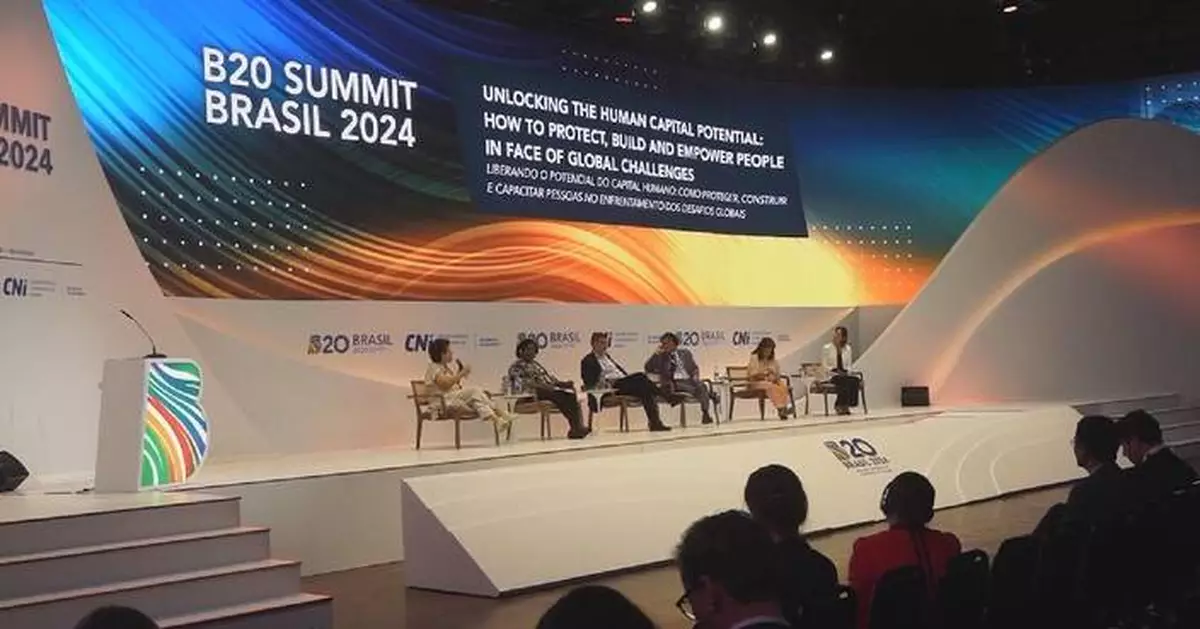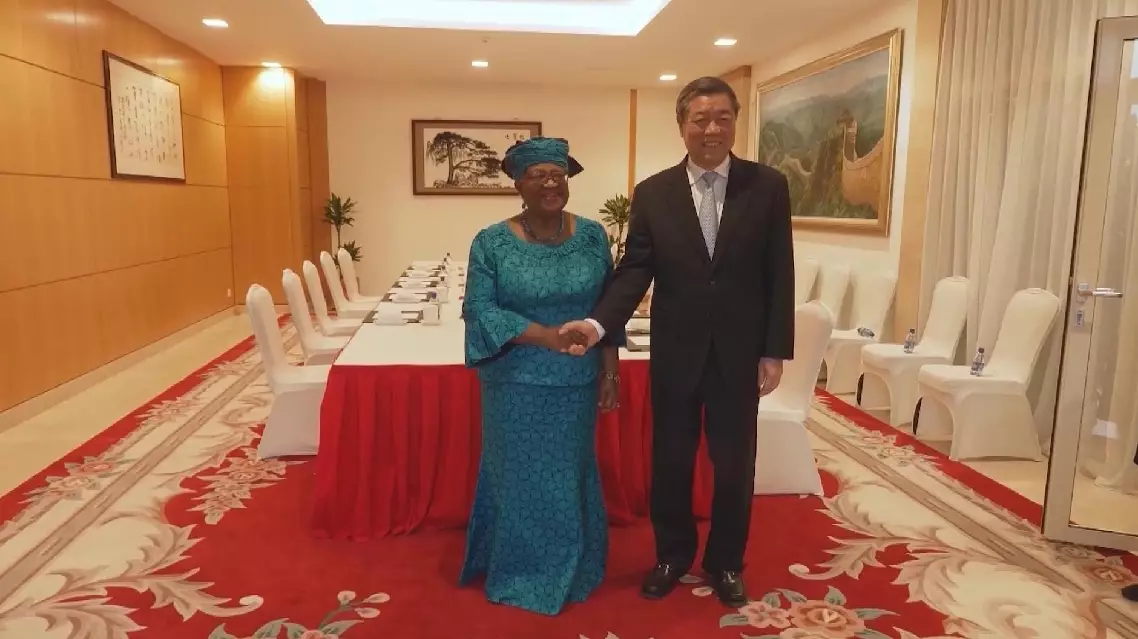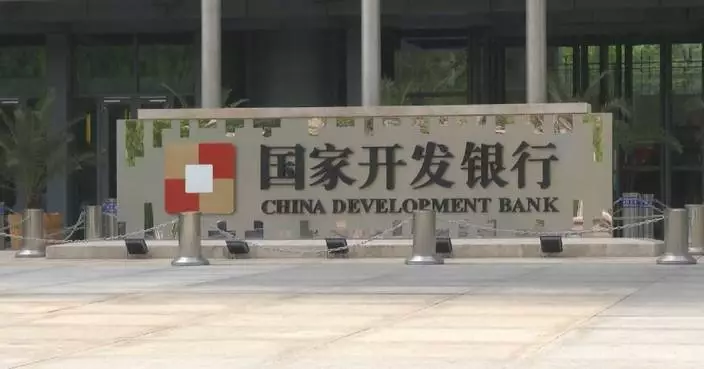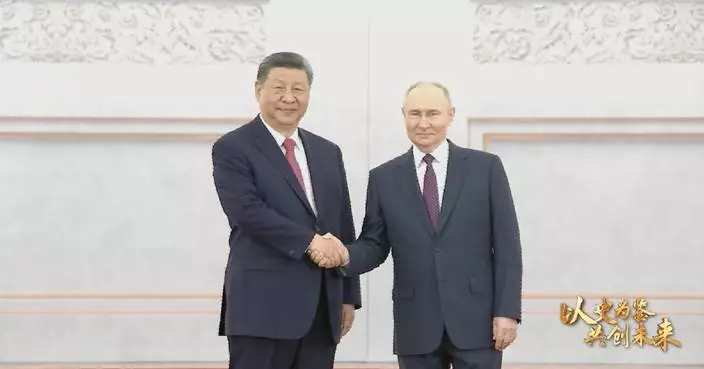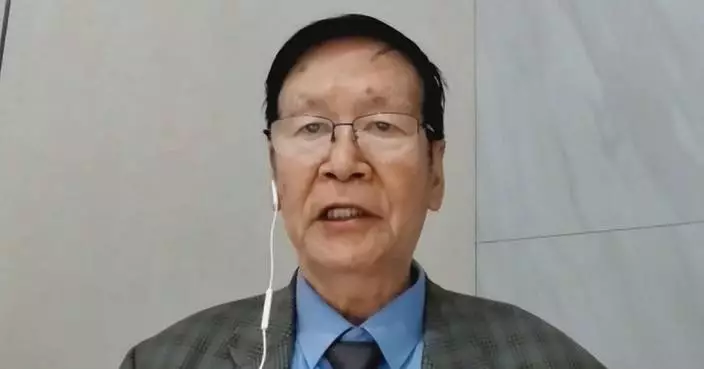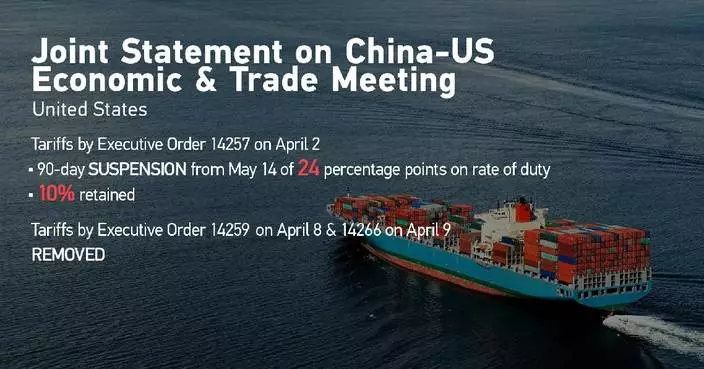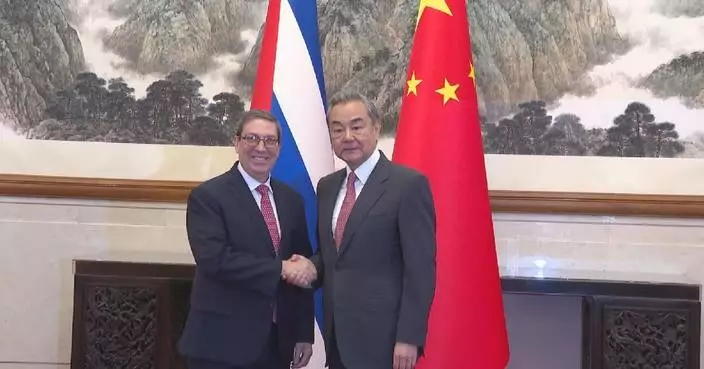Business representatives from G20 nations and guest countries convened Thursday for the B20 Summit in Sao Paulo, Brazil, exploring practical solutions for sustainable development and economic stability ahead of the upcoming G20 Leaders' Summit in November.
The B20 is the body that brings together the business community from the G20 nations and gives them a forum to discuss common objectives and views.
As the G20 Leaders' Summit draws closer, different stakeholders have been promoting discussions and issuing documents to bring their positions to the negotiating table. The B20 is one of these forums, bringing together representatives from the business communities of the member nations, along with other international guests.
Themed "Inclusive Growth for a Sustainable Future", the two-day B20 Summit attracted more than 1,000 participants.
One of Brazil's key diplomatic officials in organizing the summit stated during the business event that public authorities were working to strengthen collaboration with the private sector.
"Six or seven of the ministerial declarations in different areas of the G20 specifically reference these recommendations received from civil society, particularly from the B20. This shows that efforts to improve the communication channels have been successful," said Felipe Hees, Sous Sherpa of G20 Brazil.
The recommendations laid out by the B20 focus on fostering a fair energy transition, leveraging global trade to enhance sustainability, and boosting education and training systems to meet the demands of a changing job market.
"I would say that the fundamental topics of the B20 align with the priorities of the G20. These are the major issues of today; decarbonization, digitalization, and food security," said Dan Ioschpe, chairman of B20 Brazil.
Business leaders worked to push for their recommendations to be seriously considered by G20 leaders, hoping to influence global economic policies and promote their vision of sustainable growth.
The president of Brazil's National Confederation of Industries (CNI) said their recommendations aim to foster sustainable and inclusive growth.
"We sought to focus on a few recommendations -- those with common ground -- because we need to get used to, in every activity, whether in Brazil or in the public or private sector, valuing what converges. We have a tendency to value what diverges," said Ricardo Alban, president of the CNI.
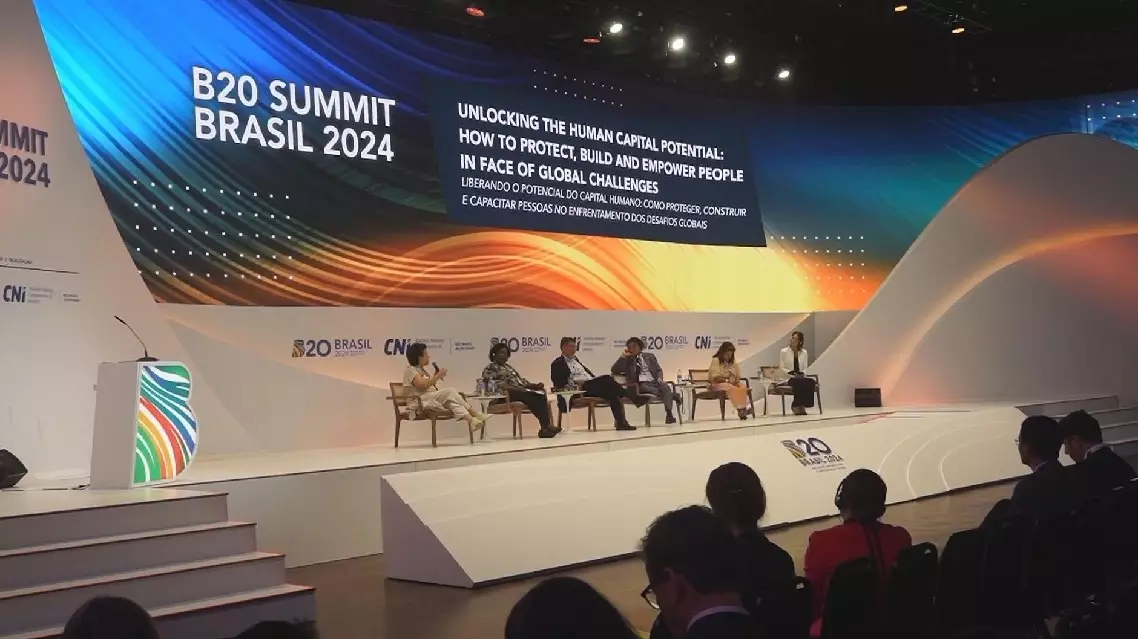
Business leaders convene for B20 Summit, exploring solutions for sustainable development


